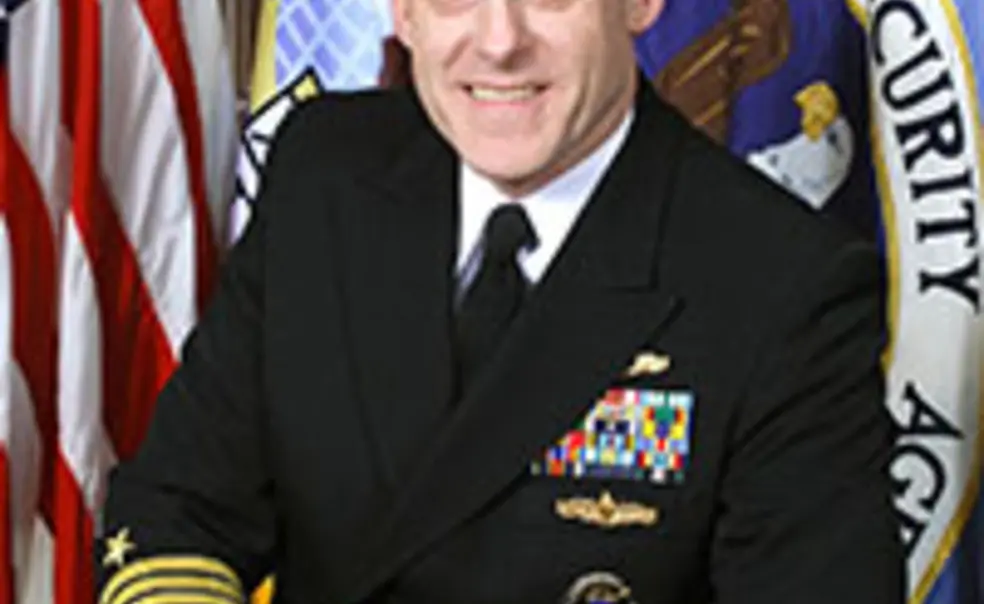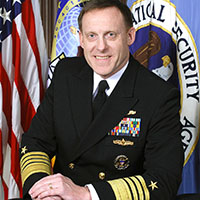NSA Director Speaks on Agency’s Duties, Leaks
A
Noting that the ârights of the individual and privacy are inherent characteristics of our very self as a nationâ while also bearing in mind the increasing number and potency of threats from cyberspace, Rogers cited his desire to begin a conversation with the public about striking a balance between individual rights and the nationâs security. âIâm interested in a dialogue about how we will work our way through this challenge as a nation,â Rogers said. âWhat we are comfortable with, and what we are not comfortable with.â Rogers briefly described the NSAâs chain of command and oversight mechanisms, including its accountability to the Foreign Intelligence Surveillance Court, the U.S. federal court that oversees judicial warrants for certain kinds of domestic intelligence gathering. âEvery nation has their approach to this. I right now probably have more oversight and more responsibility to people outside my organization than any of my foreign counterparts, in some ways,â Rogers said. In the question-and-answer portion, Rogers was asked about the NSAâs data-collection practices and its respect for the privacy of U.S. citizens. One exchange was tense. âYouâve stated multiple times that youâre very much in support of having a democratic and public conversation,â an audience member said. âShould we interpret that to mean that you are in support of whistleblower leaks, without which this democratic and public conversation would not be taking place?â âIâm not aware of a whistleblower leak, Iâm aware of the theft of government information,â Rogers retorted. âWould you acknowledge that this current democratic and public conversation would not occur had those thefts not occurred?â the questioner continued. âIâll let history make that judgment,â Rogers said, noting that, as a result of the leaks âthe nation has lost capabilities against adversaries, to defend troops in contact in places around the worldâ and that the government is âgoing to spend a whole lot of money as a result.â












No responses yet